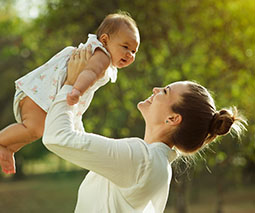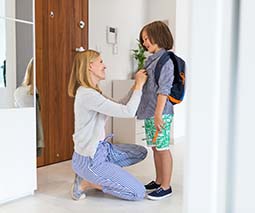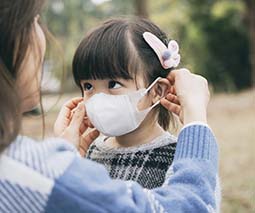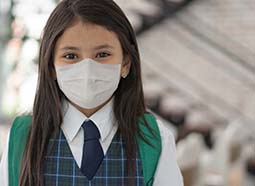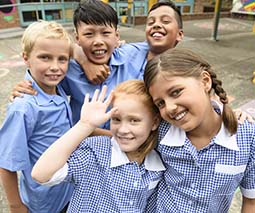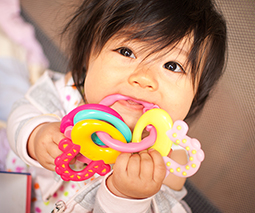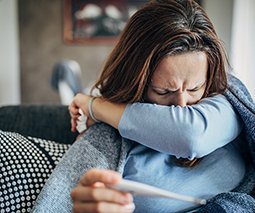How can parents help children cope with the stress of the bushfires?
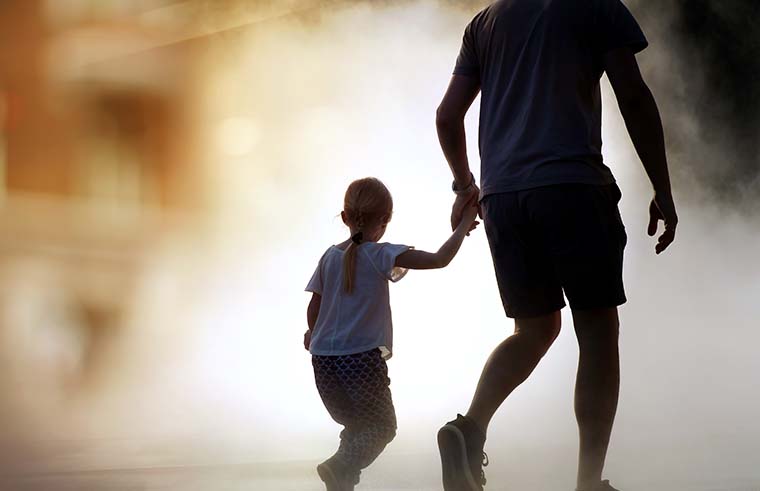
Australia has been in the midst of a bushfire disaster for several months now, and the rest of this summer sadly promises to bring more of the same.
Helping kids with bushfire stress
With rolling coverage of the fires dominating the media (quite rightly), smoke creeping into our cities and families being evacuated in affected towns, losing loved ones and property, thousands of children are being exposed to what’s unfolding.
So what can parents do to help their children manage the stress of the fires and deal with the uncertainty, upsetting imagery and circumstances that surrounds them?
Experts tell us there’s a number of approaches that can help kids adjust, whether they’re in the thick of the fire-affected regions or watching worriedly from home.
Listen to Margaret Nixon and Marcela Nolasco on Feed Play Love
Margaret Nixon is the workforce officer for the National Workforce Centre for Child Mental Health at Australian National University. It’s part of the Australian Child and Adolescent Trauma, Loss and Grief Network, and they’ve done specific research into supporting children impacted by bushfires.
Margaret says that the number one thing parents can do to help their children during this bushfire emergency is simply to be available to them to talk, listen and spend time together.
Being there matters most
“Children really need adults at this time,” Margaret explains.
“That is one of the clearest things that we know – they need their parents. If parents can provide a calm and a reassuring response to their kids in whatever situation they’re in, this is the most helpful for children.”
Margaret says if your family are preparing for evacuation, allowing children to be part of this process can help them to feel included and better adjust.
Children need reassurance and information
Marcela Nolasco is a clinical psychologist at Little Steps Psychology and she says for families in the fire-affected zones, it’s important to explicitly reassure children in an age-appropriate way.
“Say to them, ‘We are doing everything we can to keep our family safe. We are going to stay together and every decision we’re going to make will be the best decision.’ ” Marcela explains.
She also notes that families need to carefully filter the information their children are privy to, because not all information is suitable or age-appropriate.
Saying things like “I don’t know what we’re going to do tomorrow, but I am here”, “I’m going to be with you the whole time”, “We’re going to keep ourselves safe” are appropriate responses.
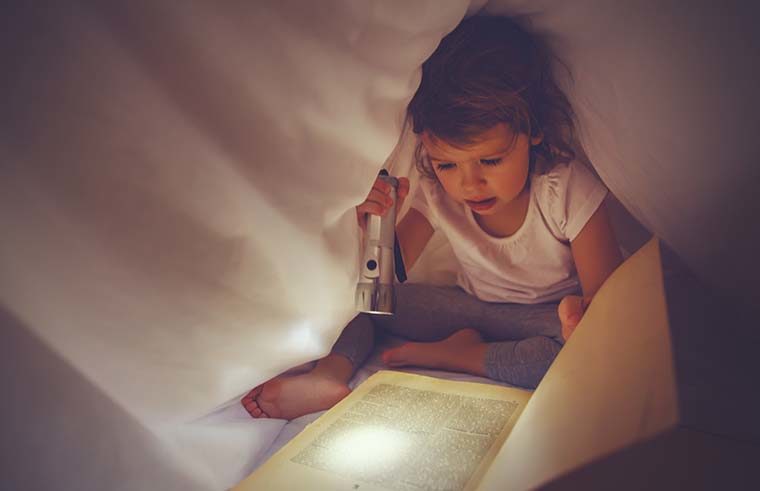
Creating new routines
For families who have been evacuated to relief centres, creating a safe space to play can allow children to retreat, recover and process some of the stress they’re enduring.
Using blankets to “create like a little cubby, a little protected space, especially if kids are younger – under five – [where] they can play inside; that really helps them keep a routine,” Marcela says.
“If keeping routines from home is difficult, implementing a new routine and maintaining those routines wherever they’re staying is important as well,” she continues.
“Allowing time to sit down with your child and play together, talking to them in a very gentle or caring, compassionate way and answering their questions about what they experienced and what they’re communicating about, what’s going on around them is important as well.”
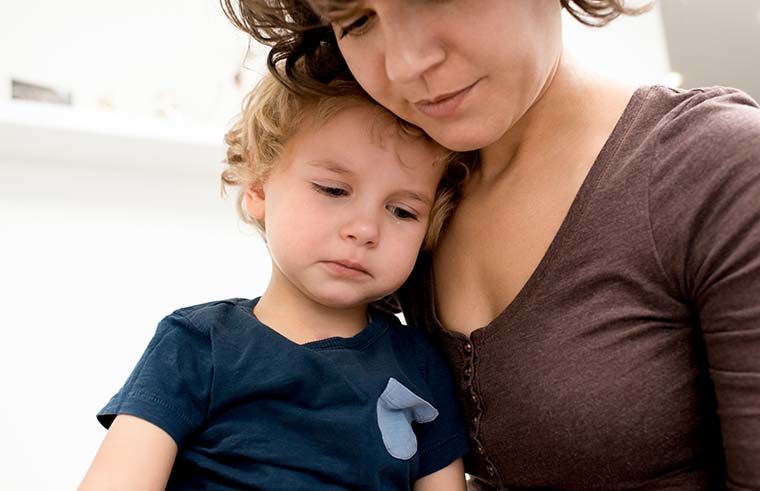
Watch out for stress signals
If a child is distressed, Marcela urges parents to be vigilant about noticing, honouring and talking through those difficult emotions.
“It’s important to acknowledge how the child is feeling. It’s important to let them know that it’s okay to feel the way they’re feeling.”
Children respond to stress in a variety of different ways, but there are some clear behaviours parents should be on the lookout for.
Children may act out, regress, become clingy, be tearful, display hyper-vigilance, have appetite changes, complain of being unwell, have difficulty sleeping, become withdrawn, become aggressive, be fearful, among other changes.
Child mental health advocates Emerging Minds and the University of Queensland have prepared a number of excellent fact sheets to help parents understand how children respond to stress at different ages. They can be accessed at the links below.
- Trauma responses in children aged 0 to 24 months
- Trauma responses in children aged 2 to 4 years
- Trauma responses in children aged 5 to 12 years
Looking for silver linings together
While there is devastation and loss in the wake of the fires, and potentially more of the same ahead, Marcela says helping children to focus on some of the good things happening around them can be helpful.
“Research says that having a positive outlook to life and being positive is an indicator of faster recovery in situations of trauma,” Marcela says. “Trying to see the silver lining in some situations [and] pointing it out to children.”
“Trying to normalise that bad things do happen sometimes and they happen to us, and it makes us sad for a while, and we are all going to be sad for a while. It’s going to be hard to build our life again, however, we have love in our lives. What we have is this community that is helping, this whole country that is coming together, so many donations. Reminding them that things are going to be bad for a while, but our capacity to rebuild ourselves … is there as well.”
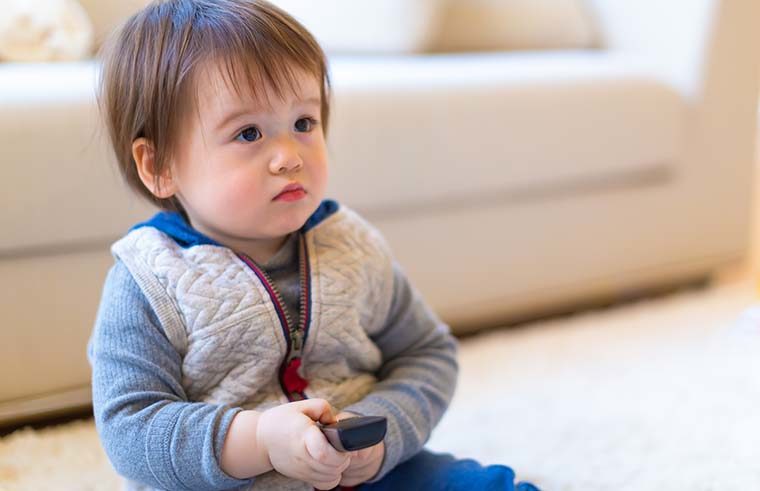
Keeping kids safe from media coverage
Margaret says that while it’s important for families to stay informed and aware for safety reasons, there are ways to be mindful of children’s wellbeing as we do this.
“For many who are on high alert at the moment, the television may be on or the radio may be on continuously and it might need to be. I’m definitely not saying ‘please turn that off and don’t listen to emergency services’, but just being aware around children, particularly young children who are watching this. They may not be aware of where this fire is taking place. They’re not able to read perhaps or may not be able to take in all the information that’s been given to them.”
Again, stepping in and letting children know what is happening in an age-appropriate way can help.
“So for a parent to be able to sit down and say, ‘I’m watching this now because I would like to know what is happening’ or distracting children and having other things on.”
“Maybe turning the television off, if you can, for a while, if that’s also safe, if you don’t need the information that’s coming up. Children are good at being able to look at fire on television and then see the smoke outside, and some children may not realise that there is not an immediate danger for them.”
“So being aware that children do listen and they do watch and yet they may not have the language to say to you, ‘I’m very confused about where this fire is happening or are we in danger?’ ”
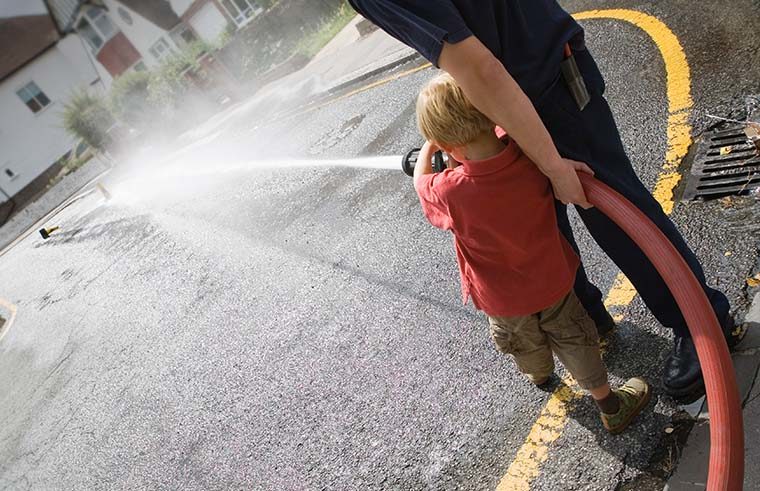
Kids of support services are affected too
Margaret says that children of emergency services workers and others involved in the fire fighting and recovery or media coverage may be confused about what’s happening too.
“Families who have members who are part of the emergency services, those who are setting up the evacuation stations, those who work in media, [need] to be aware. Keep their own children in mind and keep the information going to their children, making sure they check how their kids are going. Because young children may not quite understand what is happening when parents are going away and coming back.”
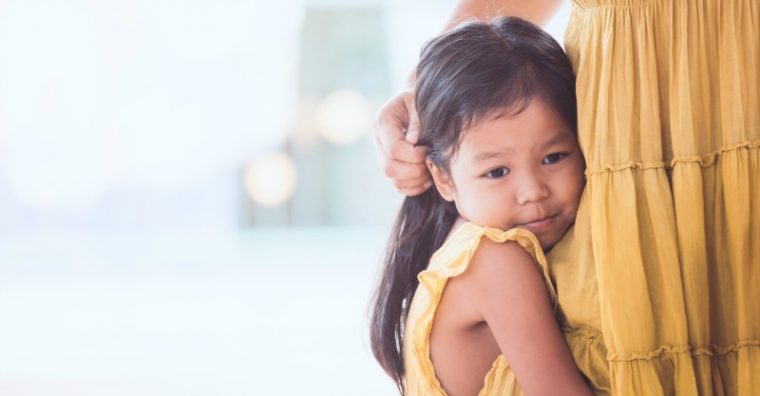
Supporting kids’ recovery
While there has been loss and devastation in the wake of bushfires across the country, Margaret says that children are generally resilient and will recover, but some may need some extra help.
“It’s an awful event, but their recovery is something that we know does happen,” she explains. “Each child will respond differently, whether it’s processing things externally or internally. That’s dependent on a number of factors such as their age, their personality and the types of families they have around them.”
“What we do know is that some children may have more ongoing responses. And so if after about a month, these responses persist or if they seem to be worsening over time, then that would be a good indication that perhaps the visit to the GP would be a great place to start to be able to hook into some support if that’s needed.”
